Local SBDC Celebrates Small Business
- 03/18/2019 05:39 AM (update 04/11/2023 12:08 AM)
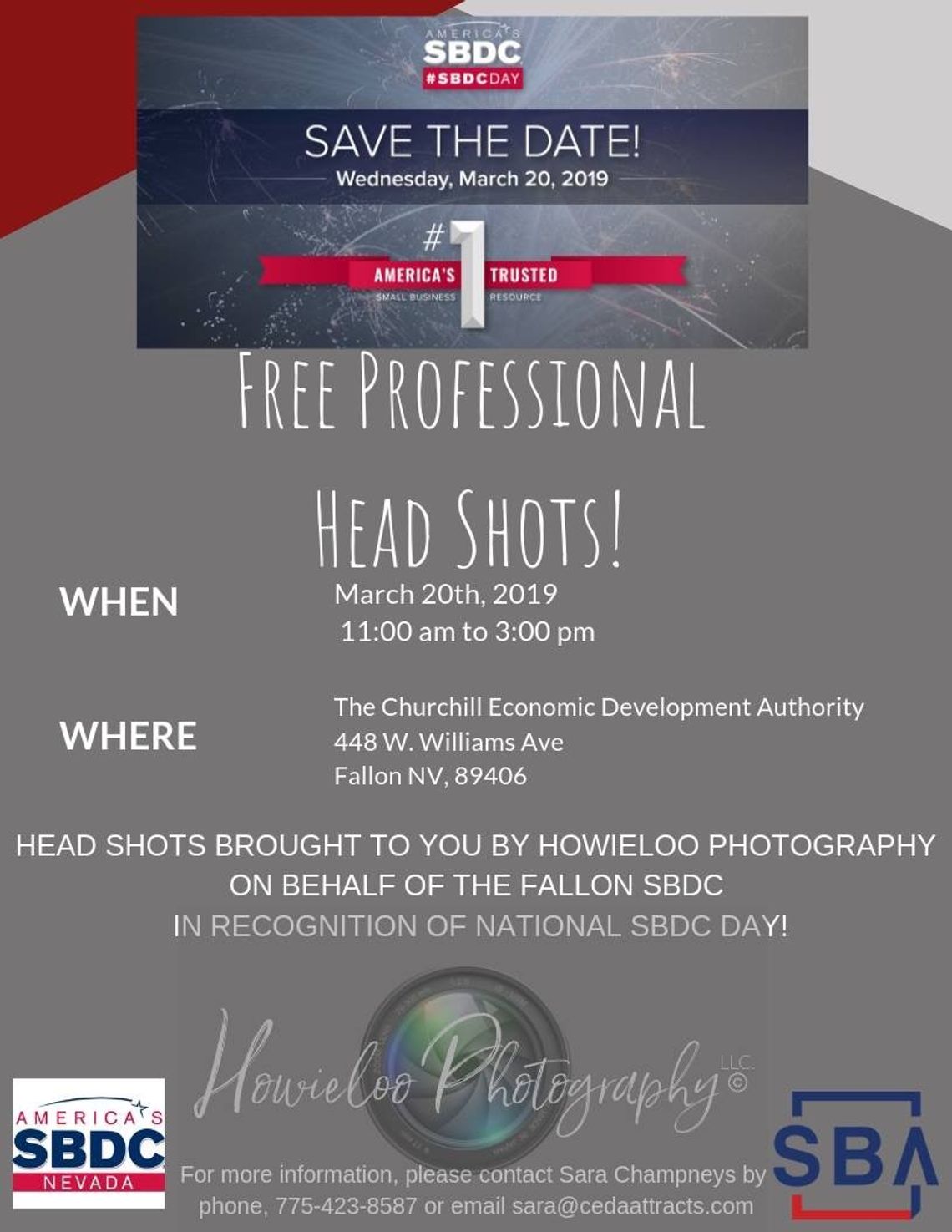
March 20th is National SBDC Day and the Fallon center has big plans for the celebration.
From 11:00 a.m. to 3:00 p.m. Howieloo Photography will be providing free, professional head shots, and Mayor Tedford will present CEDA/SBDC with a proclamation honoring the occasion.
Located in the Churchill Economic Development Authority office for the past 26 years, the Fallon Small Business Development Center assisted 155 clients during 2018, in the creation of 9 new business starts, 34 jobs retained, 24 jobs created, and $517,700.00 in capital formation.
The Nevada Small Business Development Center (www.NevadaSBDC.org) was established in 1985, and delivers a wide variety of technical assistance to Nevada’s businesses and governmental entities through a 15-office statewide network. This economic and community development collaborative is part of a large national network of over 900 centers, funded by the U.S. Small Business Administration and leveraged with Nevada’s universities, colleges, and state and local partners.
Typical services include help with business start-up and growth, legal formation, obtaining financing, writing a business plan, getting your business on-line, marketing, researching, recordkeeping, understanding cash flow, buying and selling a business, improving customer service, setting up websites, technology development, and importing/exporting.
Nevada SBDC counselors mentor and assist businesses in connecting buyers with suppliers and matching businesses with complementing services. SBDC counselors also advocate, challenge, and help with planning and operational decisions, so small businesses have a support team.
In 2018, the Nevada SBDC provided in-depth assistance to 1,588 Nevada clients, helping to create and retain 403 jobs, start 144 new businesses, and secure $49.1 million in capital formation. Nevada SBDC provided 105 training events to 1,418 state attendees. Almost 57% of those trainees were women and 63% were minorities. About 41% were Hispanic and many elected to receive counseling from Nevada SBDC’s Spanish-speaking counselors.
In addition, Nevada SBDC trained 132 veterans through its “REBOOTS” and “Boots to Business” training programs.
CEDA has been a Nevada SBDC host since 1993 when Shirley Walker and Rick Lattin secured the first agreement with the UNR.
For more information on the free headshots call Sara at 423-8587.
Never miss the local news -- sign up for email notices.


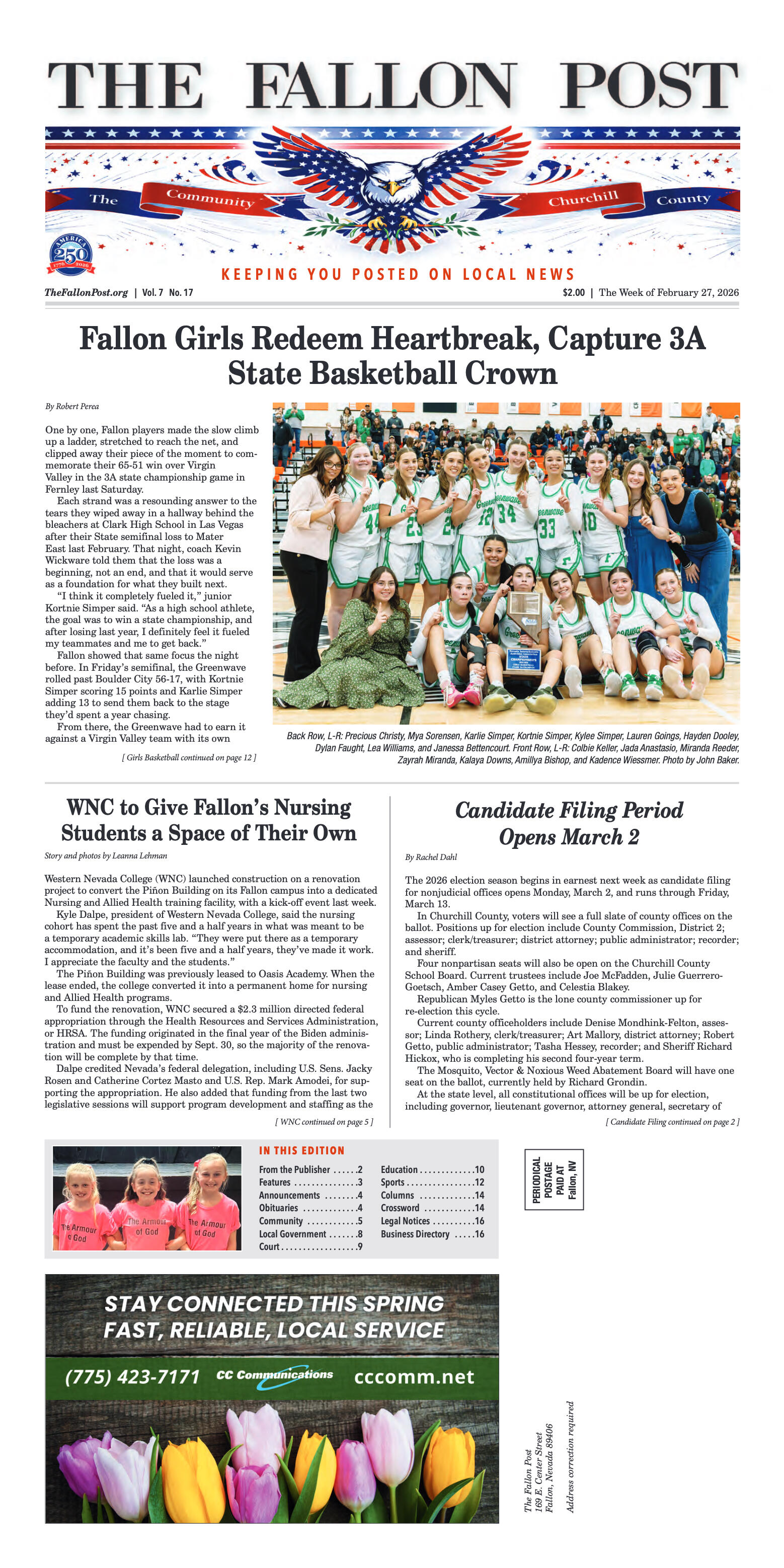

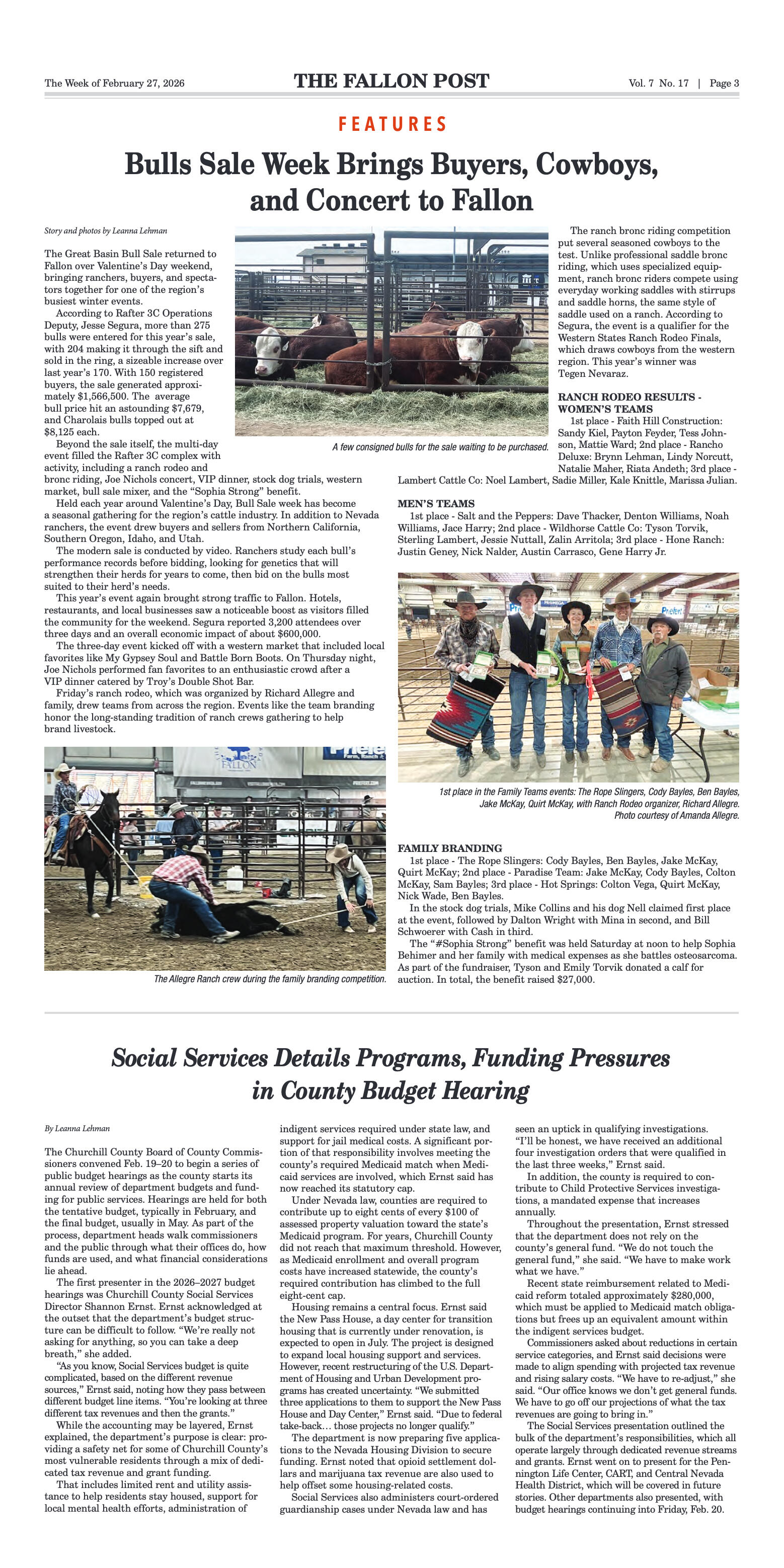
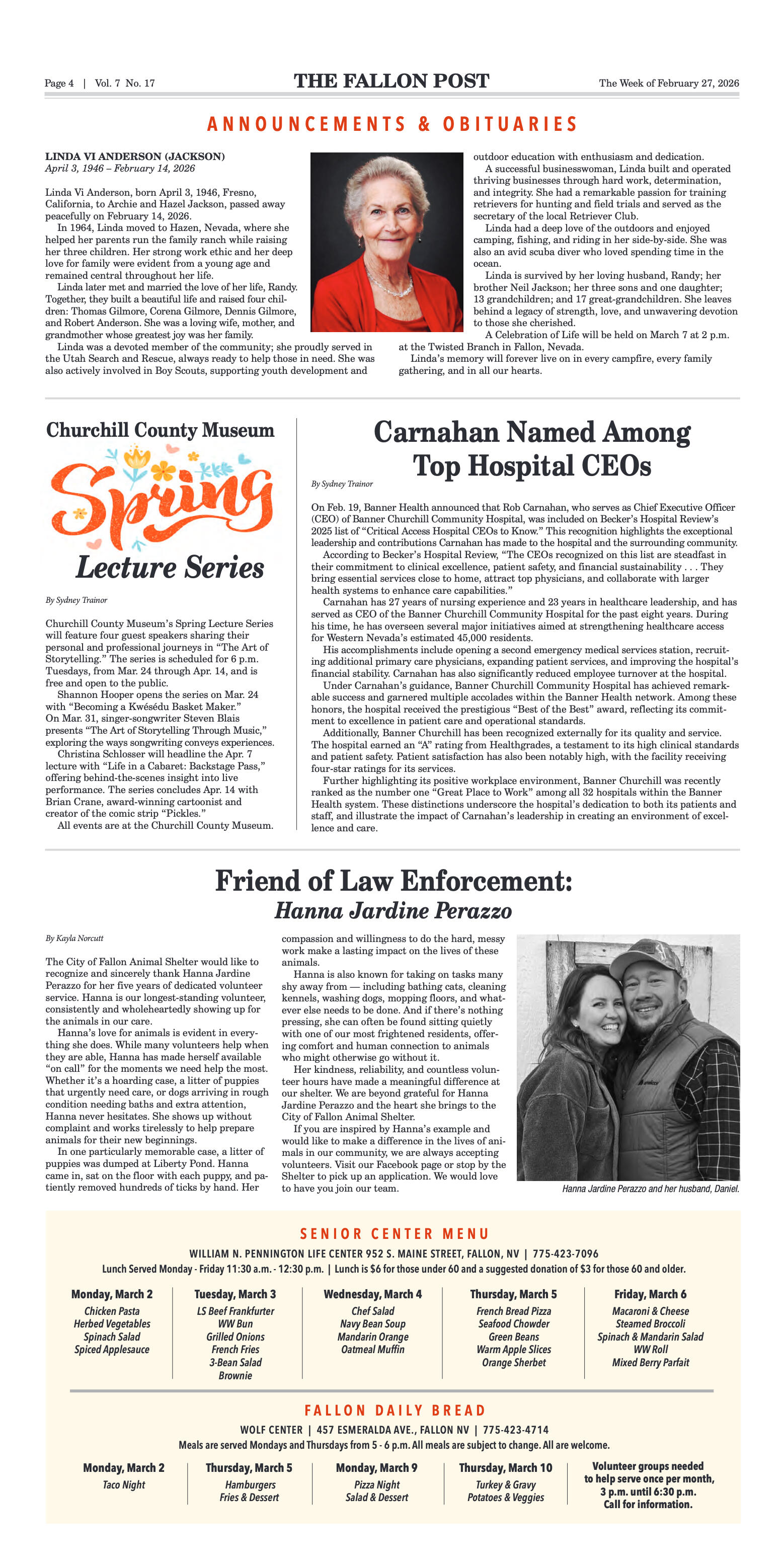
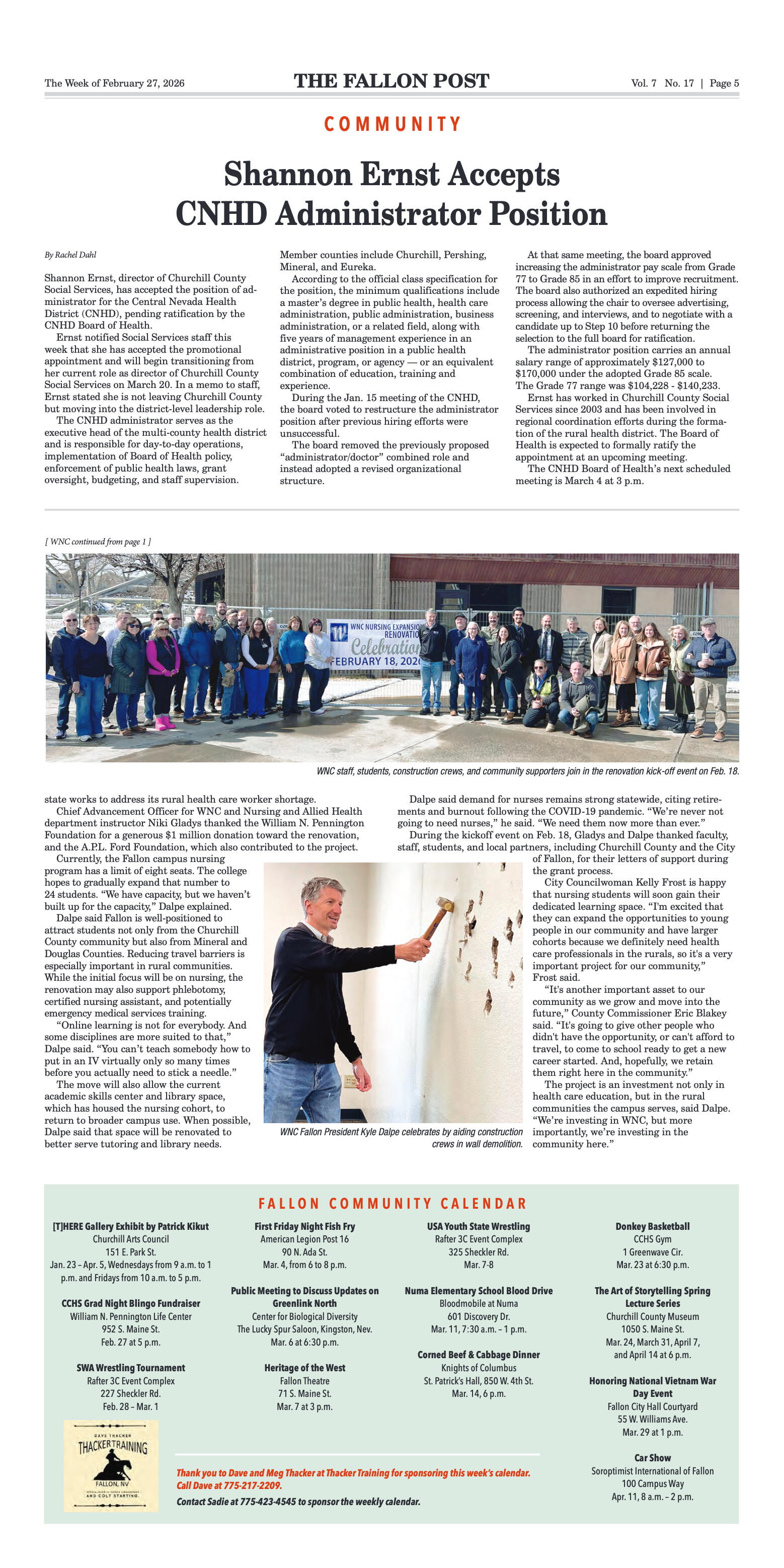
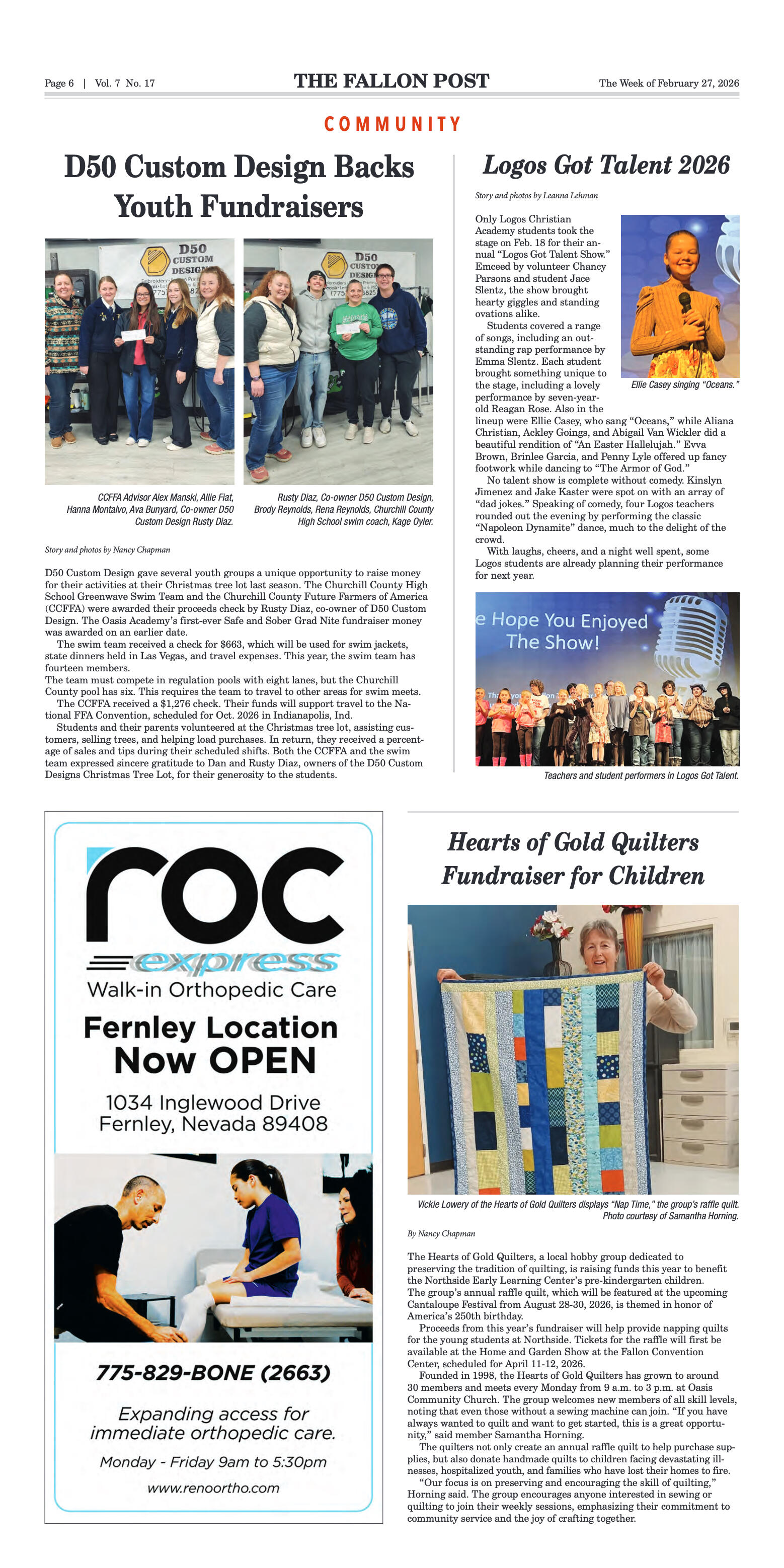

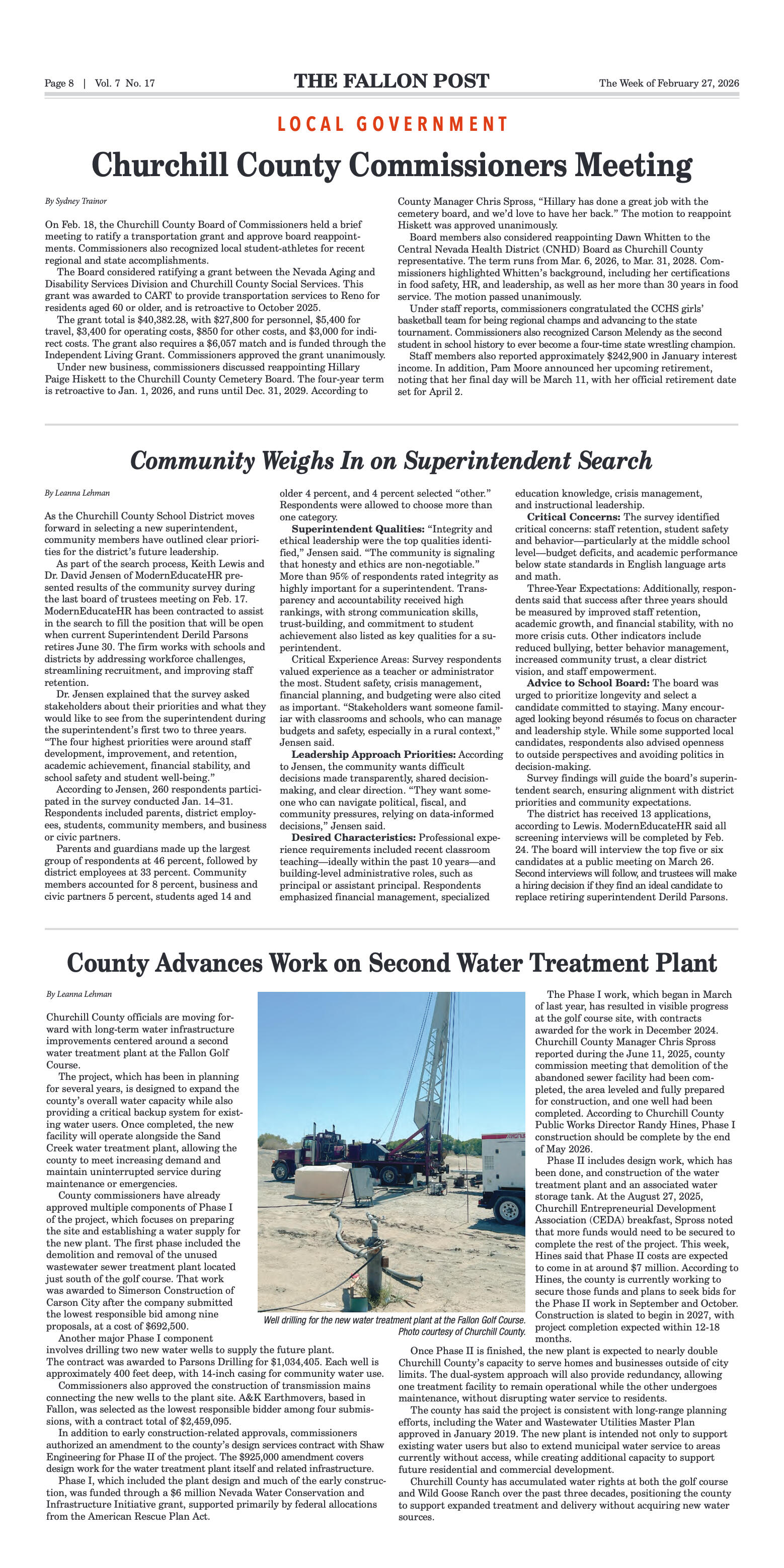

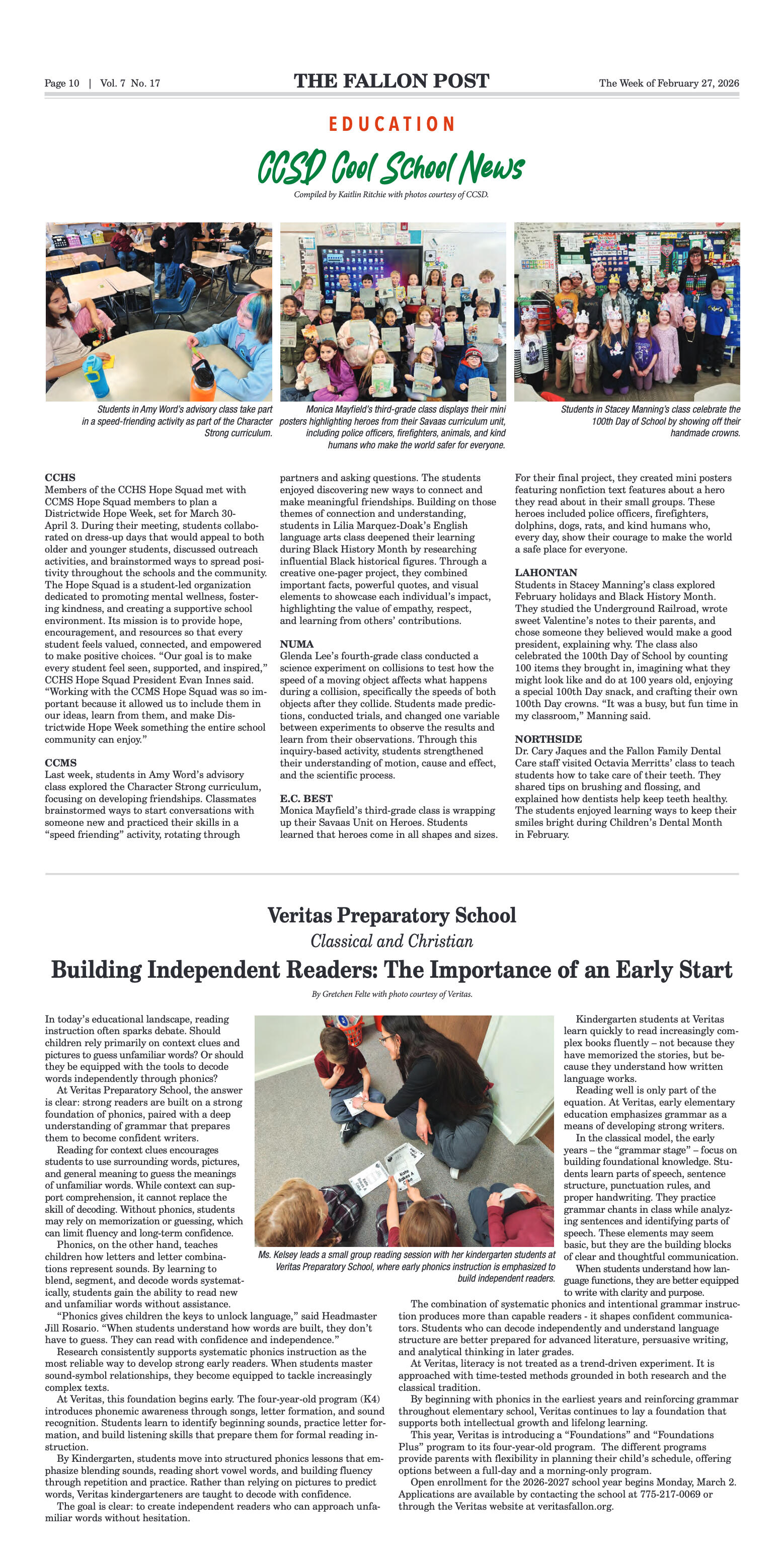





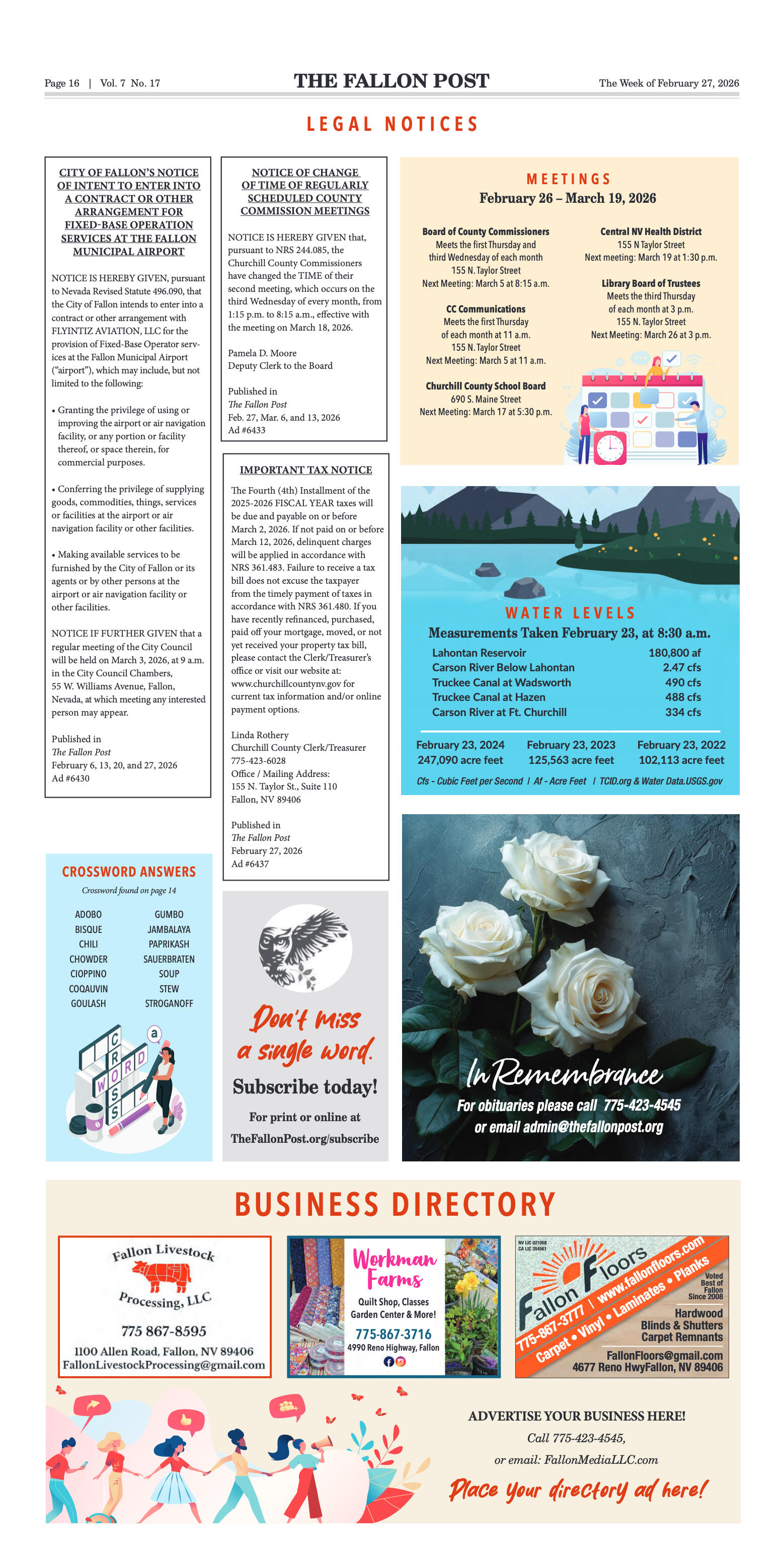


























Comment
Comments